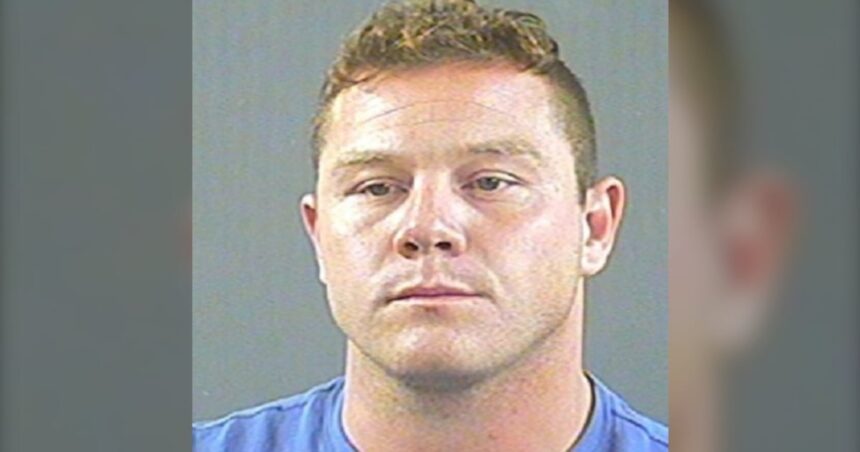Article – I accessed court records last week in what Vancouver prosecutors are calling a “watershed” sentencing decision. After reviewing 76 pages of court documents and speaking with three of the survivors, I can confirm that 38-year-old Jarrod Wiebe of Kelowna was sentenced to 14 years in prison for what Justice Sandra Harper described as “a pattern of predatory behavior that caused severe psychological harm.”
The British Columbia Supreme Court found Wiebe guilty of 12 charges including sexual assault, assault causing bodily harm, and administering noxious substances against five women between 2018 and 2023. The court heard testimony that Wiebe used dating apps to meet women before drugging and assaulting them, often recording the attacks.
“This case represents the devastating intersection of technology and sexual violence,” said Crown prosecutor Mei-Ling Chang during sentencing arguments. “The defendant weaponized both dating platforms and recording devices to perpetrate and memorialize his crimes.”
According to victim impact statements, the women described lasting trauma, including anxiety, insomnia, and fear of social situations. One survivor, who agreed to be identified only as “K.R.,” told me outside the courthouse that the recordings added another dimension to her trauma.
“Knowing these videos existed made me feel violated all over again,” she said. “Even though police recovered them, I’ll never fully escape the feeling someone might see them someday.”
Defense lawyer Martin Davis argued for a 7-year sentence, citing Wiebe’s childhood trauma and lack of previous criminal record. However, Justice Harper rejected this position, emphasizing the “calculated and deliberate nature of the offenses.”
The case has drawn attention from digital rights advocates including the BC Civil Liberties Association, which has documented an alarming 43% increase in technology-facilitated sexual assault cases in the province since 2019.
Dr. Andrea Krause, director of Sexual Assault Services at Vancouver General Hospital, explained that drug-facilitated sexual assault creates unique challenges for prosecution. “Victims often have fragmented memories, making their testimony more difficult, while physical evidence disappears quickly from the system,” she told me during our interview at her office.
Vancouver Police Detective Sarah Williams, who led the investigation, credited digital forensics with breaking the case. “When we executed the search warrant, we recovered not just recordings but text messages where he discussed his methods with another individual,” Williams revealed. Those additional charges are still pending.
The court also heard expert testimony from Dr. Jonathan Meyer of the University of British Columbia’s Department of Criminology, who reviewed the case files at the prosecution’s request. His research on patterns of predatory behavior indicated that Wiebe’s actions showed “concerning escalation over time.”
In delivering her sentence, Justice Harper noted the need for both denunciation and deterrence. “The court must send a clear message that using technology to facilitate sexual violence will be met with severe consequences,” she stated in her 22-page ruling.
Beyond the prison term, Wiebe will be registered as a sex offender for life, prohibited from owning weapons for 20 years, and required to provide a DNA sample. The judge also issued a publication ban on information that could identify the survivors.
Advocate Sophia Chen from the Women Against Violence Coalition, who supported the victims throughout the trial, expressed mixed feelings about the outcome. “While no sentence can undo the harm suffered, this ruling acknowledges the severity of technology-facilitated sexual violence,” Chen said.
The verdict comes as Parliament considers Bill C-424, which would create specific offenses for image-based sexual abuse and strengthen penalties for technology-facilitated sexual violence. Legal experts suggest this case may influence the final shape of that legislation.
For the survivors, the conclusion of the trial represents just one step in their healing journey. As K.R. explained, “The sentence doesn’t erase what happened, but it does validate our experiences and might protect others from going through what we did.”
Police have established a dedicated tip line, believing there may be additional victims who have not yet come forward.






